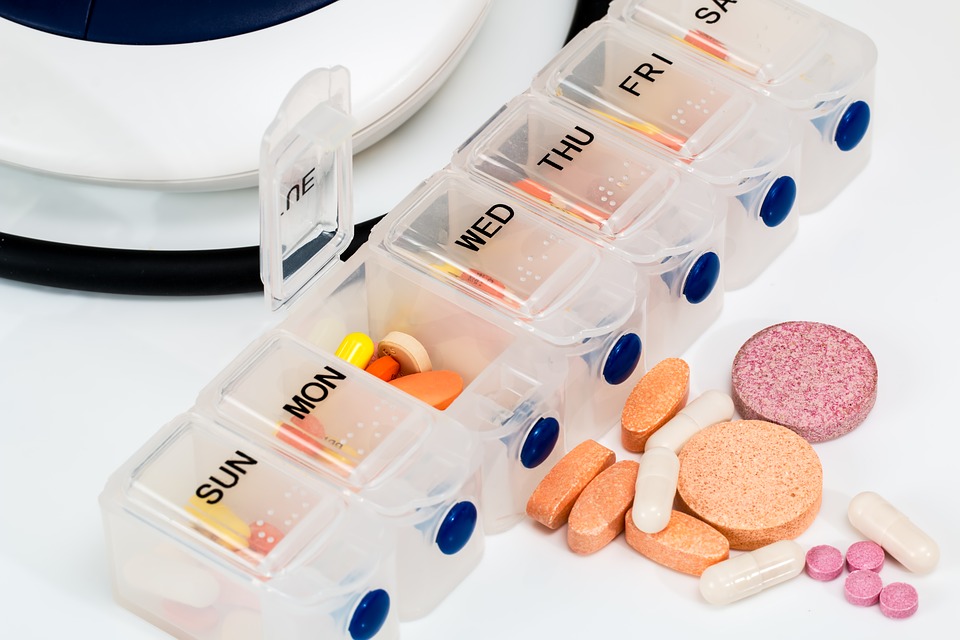Negotiations between major pharmaceutical companies and US insurer enter a new heated debate about patients stirring away from expensive drugs. Insurers can now dictate how much drug companies share with their ‘copays’, causing a sudden decline in the drug prices earlier. This trend presumably will continue and will become more common by next year.
Copays
Copays works like a debit card which reduces the price of the drugs of what consumers need to pay. But pharmaceutical companies are now thinking a way to circumvent that strategy, according to executives and consultants of the insurance industry. The new US drug coverage protects Americans from the rising drug costs, making it possible for drug makers to raise drug prices which eventually will be shouldered by insurers.
So whether you are in the drug-making industry or someone who works in the US insurer, you may want to read the rest of the story:
The escalating battle
“NEW YORK (Reuters) – In the escalating battle over U.S. prescription drug prices, major pharmaceutical companies are scrambling to limit the economic damage from a new U.S. insurer tactic that coaxes patients away from expensive drugs.
The latest move by insurers – which effectively forces drug companies to pay more to assist patients with their copays – is causing a decline in real U.S. drug prices this year, and is expected to become more widely adopted in 2019.
That reality is forcing drugmakers to devise their own response in the near term, according to interviews with pharmaceutical and insurance industry executives and consultants. Among major drugmakers, AbbVie Inc and Amgen Inc have said the most so far about the new tactic, and more drugmakers will likely face questions about it during quarterly earnings calls in July.
In recent years, insurers have tried to guide patients toward less expensive treatments by making them pay a higher portion of a drug’s costs. Drugmakers responded by dramatically raising the financial aid they offer, in the form of “copay assistance” cards – similar to a debit card – that reduce what consumers need to pay when they place their pharmacy order.
Express Scripts Holding Co and CVS Health, which manage prescription drug coverage for large U.S. employers, say these payments shield consumers from drug costs, making it easier for manufacturers to raise those prices. Insurers have to make up the difference.
This year, Express Scripts and others introduced a new “copay accumulator” approach for its corporate customers. The programs prevent copay card funds from counting toward a patient’s required out-of-pocket spending before insurance kicks in on expensive specialty drugs, such as arthritis and HIV treatments.”
Here’s the rest of the article.

